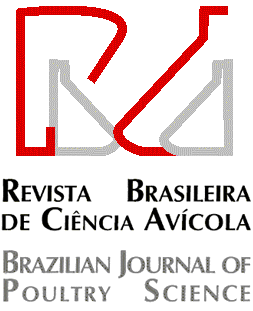Food products such as breads, cakes, crackers, meringues, ice creams and several bakery items depend on air incorporation to maintain their texture and structure during or after processing. Proteins are utilized in the food industry since they improve texture attributes through their ability to encapsulate and retain air. The objectives of this work were to quantify s-ovalbumin contents in albumen and to determine alterations in egg white foam stability in fresh eggs, and in eggs coated and non-coated with a whey protein-based concentrate film (WPC), stored at 25°C for 28 days. The volume of drained liquid was higher in non-coated eggs than in coated eggs stored at 25°C at all storage periods. The difference on the third day of storage was in the order of 59% between coated and non-coated eggs, while on the twenty-eighth day it was 202%. During the storage period, an increase in pH and drainage volume was observed for non-coated eggs. After three days, the non-coated eggs showed a s-ovalbumin content 33% higher than coated eggs; this increase jumped to 205% at 28 days of storage. There was a positive correlation between s-ovalbumin content and the volume of drained liquid for coated and non-coated eggs; in other words, when the s-ovalbumin content increased, there was an increase in the volume of drained liquid and a decrease in foam stability. WPC coating maintain egg quality, since it is an effective barrier against the loss of CO2, avoiding changes in the pH of egg white.
Albumen foam; albumen proteins; s-ovalbumin; protein coating



